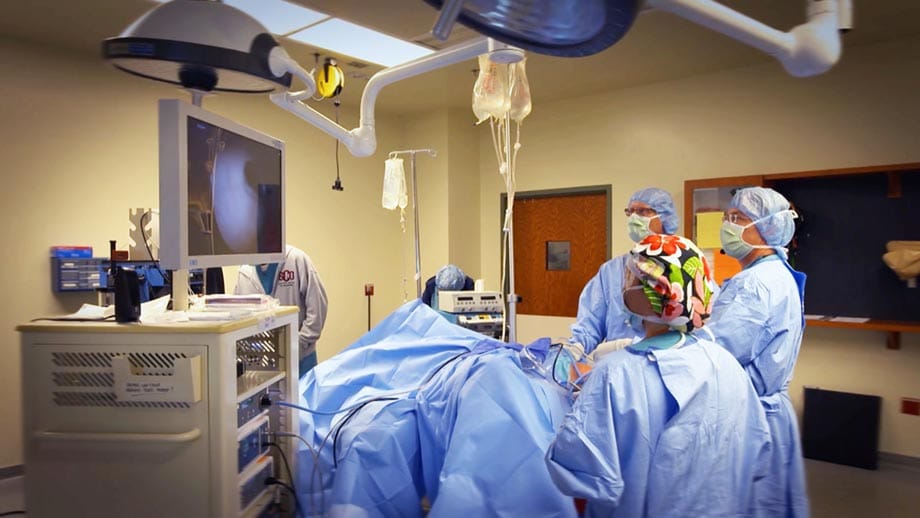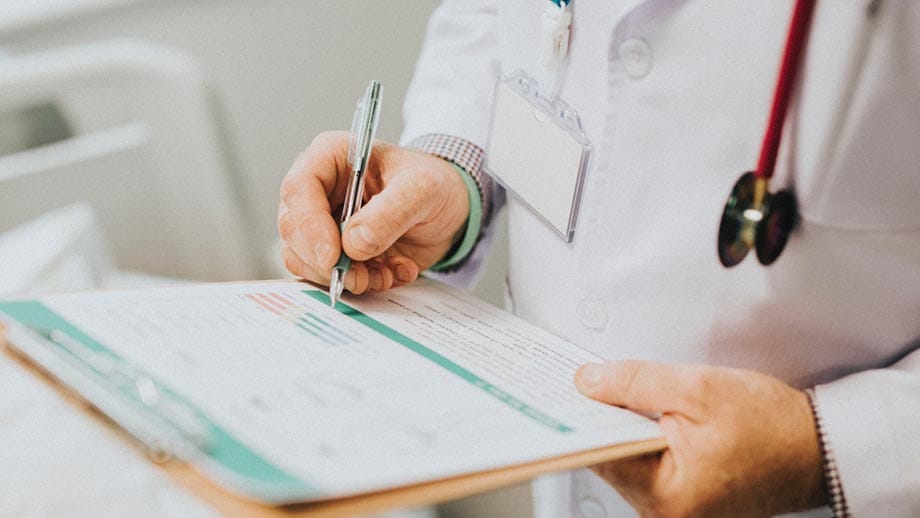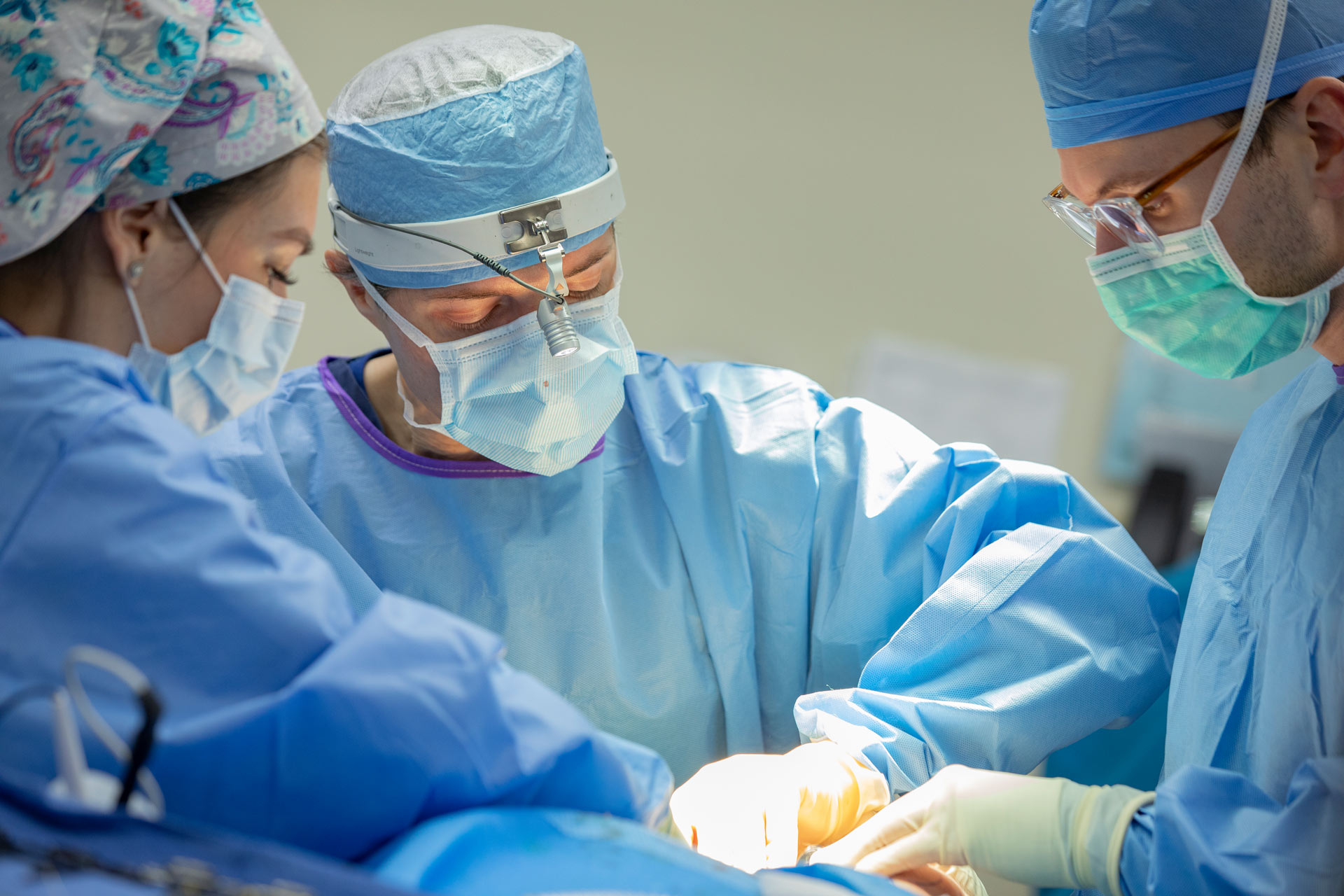Having surgery can be tough, but getting better doesn’t have to be. At the Surgery Center of Oklahoma, we want to help you heal as quickly and safely as possible. In this guide, we’ll share some key tips to speed up your recovery, manage pain, and take care of both your body and mind after surgery.
Key Takeaways
Pain Management – Follow prescribed medication schedule, use ice/heat therapy as advised, practice relaxation techniques
Nutrition – Focus on protein-rich foods, increase fruit and vegetable intake, stay well-hydrated
Physical Activity – Start with gentle movements, gradually increase activity as advised by your doctor
Wound Care – Keep incision clean and dry, follow proper bandage changing procedures, watch for signs of infection
Understanding Your Recovery Timeline
Every person’s recovery is different. How long it takes depends on things like what type of surgery being performed and your overall health status. At the Surgery Center of Oklahoma, we believe in being clear about all parts of your care, including how long recovery might take. Just like we tell you upfront how much your surgery will cost, we’ll give you a realistic idea of what to expect while you’re healing. This includes possible challenges you might face and ways to overcome them. Our experienced medical team will work closely with you to create a recovery plan that’s just right for you.

Key Tips for Faster Healing
- Follow doctor’s instructions closely
- Take care of wound properly
- Eat healthy foods
- Drink plenty of water
- Get enough rest
- Move around as advised
- Attend all follow-up appointments
- Watch for signs of complications
Let’s look at each of these important parts of getting better after surgery:
Following your doctor’s instructions is really important. They know what’s best for your specific surgery and health. This includes taking medicines as told and not doing things that could hurt your healing.
Taking care of your wound means keeping it clean and dry. Change bandages as your doctor says and avoid doing things that could strain the area where you had surgery.
Eating healthy foods helps your body heal. Try to eat lots of protein, fruits, and vegetables. These give your body the building blocks it needs to repair itself.
Drinking plenty of water is crucial. It helps your body work properly and can speed up healing.
Getting enough rest is key to healing. Your body does a lot of repair work while you sleep. Try to keep a regular sleep schedule and make your bedroom comfortable for rest.
Managing Pain After Surgery
Feeling some pain after surgery is normal, but there are ways to handle it:
- Take your pain medicine as instructed by your doctor.
- Use heat or cold for woundpain as instructed. These can help reduce pain and swelling.
- Try deep breathing or other relaxation techniques. These can help your body relax and feel less pain.
- Gently move around as your doctor advises. Even small movements can help with pain and prevent stiffness.
If your pain feels too bad or doesn’t get better with these methods, tell your doctor right away. They’re there to help and can change your pain management plan if needed.
Eating Right for Recovery
The food you eat can help you heal faster. Here’s what to focus on:
- Protein: This is really important for healing. Good sources include lean meats, fish, eggs, beans, and Greek yogurt.
- Fruits and vegetables: These are packed with vitamins and minerals that help your body heal. Try to eat a variety of colors.
- Healthy fats: Things like fish, avocados, nuts, and olive oil can help reduce inflammation.
- Fiber: This helps prevent constipation, which can be a problem after surgery. Whole grains, fruits, and vegetables are good sources.

At the Surgery Center of Oklahoma, we believe in helping our patients understand all parts of their care, including how to eat well for recovery. Just like we’re clear about surgery costs, we also want to be clear about how to take care of yourself after surgery.
Getting Moving (Safely!)
Moving around after surgery is important, but you need to do it safely. Here’s how:
- Start with small movements your doctor approves. This might be simple things like moving your ankles or taking deep breaths.
- Gradually do more as you feel able.
- Use any walking aids as prescribed.
- Listen to your body. If something hurts too much, stop and rest.
Dr. Smith’s blog often talks about how important it is for patients to be active in their recovery. Moving safely can help you heal faster and lower the risk of problems after surgery.
Caring for Your Incision
Taking care of where you had surgery is really important. Here’s what to do:
- Keep the area clean and dry. Follow your doctor’s instructions on how to clean it.
- Change bandages as often as your doctor says. They’ll tell you how to do this properly.
- Don’t pick at scabs or scratch, even if it itches. This can cause infection.
- Watch for signs of infection like more redness, warmth, swelling, or bad-smelling discharge. If you see these, call your doctor right away.
When to Call Your Doctor
Sometimes, you need to call your doctor right away. Do this if you have:
- A lot of bleeding that won’t stop
- Really bad pain that your medicine doesn’t help
- A fever
- Signs of infection at your incision site
- Trouble breathing
- Severe nausea or vomiting
It’s always better to call if you’re worried. Your doctors at the Surgery Center of Oklahoma want to help you have the best recovery possible.
Your Mental Health Matters Too
Getting better isn’t just about your body – your mind is important too. It’s normal to feel frustrated or worried during recovery. Here are some ways to take care of your mental health:
- Talk to friends and family about how you’re feeling
- Try relaxation techniques like deep breathing or gentle meditation
- Set small, achievable goals each day
- Stay connected with people, even if it’s just by phone or video chat
- If you’re feeling very anxious or sad, talk to your doctor. They can help or refer you to someone who can.
At the Surgery Center of Oklahoma, we care about your whole health, including your mental well-being. Dr. Smith often talks about how important mental health is for recovery. We’re here to support you in every way we can.
Conclusion: Your Recovery Journey
Remember, healing takes time. Be patient with yourself and celebrate every small step forward. By following these tips and working with your healthcare team, you’re giving yourself the best chance for a good recovery.
We’re here to help you every step of the way. If you have questions or need help during your recovery, just ask. We want you to get better and back to doing the things you love as soon as possible.
 The Surgery Center of Oklahoma is proud to be part of the Free Market Medical Association. We’re committed to giving you clear, high-quality care from start to finish. We believe that by giving you great medical care and helping you understand your recovery, we can help you have the best outcome possible.
The Surgery Center of Oklahoma is proud to be part of the Free Market Medical Association. We’re committed to giving you clear, high-quality care from start to finish. We believe that by giving you great medical care and helping you understand your recovery, we can help you have the best outcome possible.
